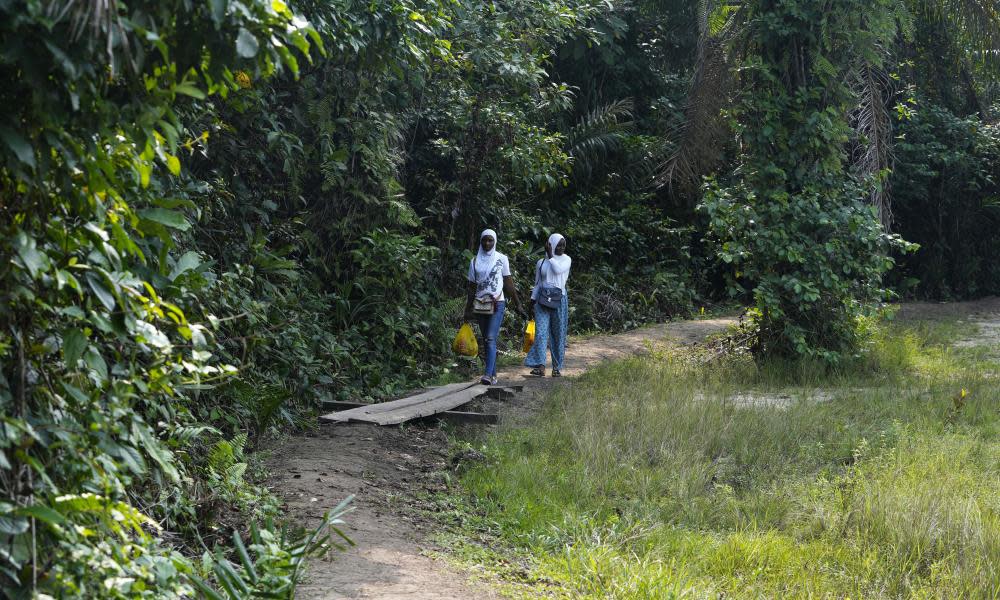Carbon credits: towards net zero or zero credibility?

Your articles accurately identify the problem of “phantom credits” in carbon offset projects (Revealed: more than 90% of rainforest carbon offsets by biggest provider are worthless, analysis shows, 18 January; Shell to spend $450m on carbon offsetting as fears grow that credits may be worthless, 19 January). When such credits are sold within offset schemes they in effect legitimise additional carbon emissions that contribute to global heating.
In particular there is an inherent flaw in offset projects based on avoided deforestation. In principle the idea of avoided deforestation is sound. Forest owners and forested countries in the global south should be financially incentivised to reduce their deforestation beneath an agreed baseline rate.
But to use avoided deforestation as a basis for creating carbon credits lets greenhouse gas emitters claim they are contributing to net zero emissions. In reality, avoided deforestation projects only maintain existing carbon stock capacity in forests. They do not add to this capacity, hence cannot offset additional emissions. Carbon offset projects only make sense when net forest cover is increased. Until that happens, the carbon offset market is not a case of net zero emissions but of zero credibility.
David Humphreys
Emeritus professor of environmental policy, Open University
• The shortcomings of carbon offsets also hold true for biodiversity offsets, which have been promoted as a way of saving forests. But there’s a new kid on the block – biocredits, a new kind of financial asset identified as units of biodiversity that are measurable and traceable and so can be traded and sold to individuals, corporates and government. They can be a positive investment in improved conservation in ways that also benefit Indigenous peoples and local communities.
Our research shows that pilot schemes for biocredits are emerging all over the world, but need to avoid the setbacks faced by carbon credit and carbon offset markets, specifically in making sure the metrics they use to define a unit of biodiversity include its social and cultural value. The United Nations is facilitating the development of a standard methodology, as are certifiers Plan Vivo, Verra and Gold Standard. This all bodes well for the rapid implementation of a mechanism with the potential to save the world’s forests.
Paul Steele and Anna Ducros
International Institute for Environment and Development
• Your article (18 January) cites academics who take issue with highly technical elements of the methodologies used to determine the amount of emissions reductions by projects that avoid deforestation and forest degradation to generate carbon credits. But many other experts support the current technical elements. The article did not fairly represent the views of both sides. Debates among scientists risk being misunderstood and taken out of context by the wider community, with unintended consequences. This is of particular concern when the science is not yet peer-reviewed, as is the case of the research that the article heavily relies on.
Achieving the Paris climate agreement’s net zero goal requires the rapid expansion of carbon markets. Carbon credit standards organisations, such as Verra, provide the science-based methodologies that drive quality, action and supply within voluntary carbon markets. All new methodologies are open to public consultation, where scientific input is considered – and where critics should present their views.
Dirk Forrister
President and CEO, International Emissions Trading Association

 Yahoo Movies
Yahoo Movies 
